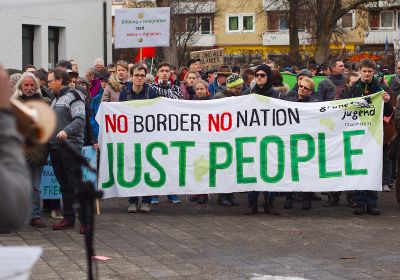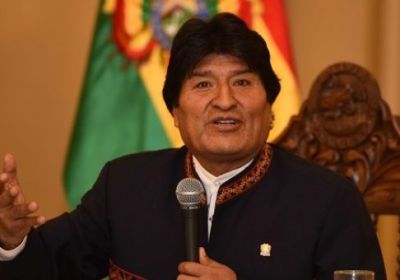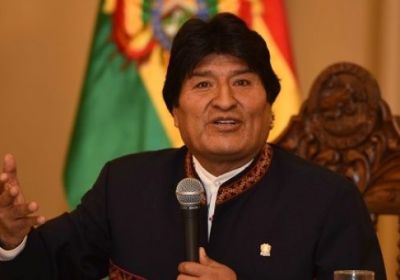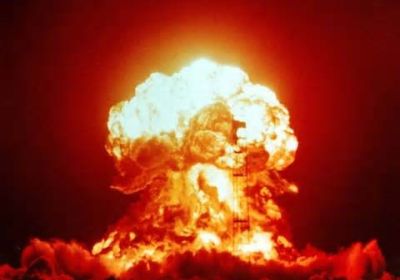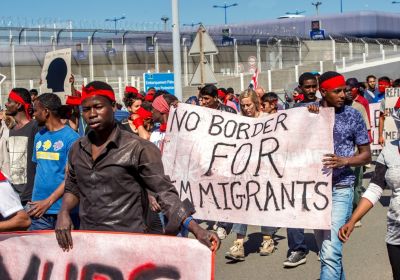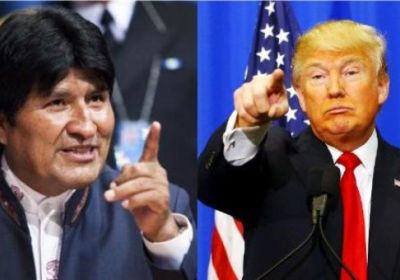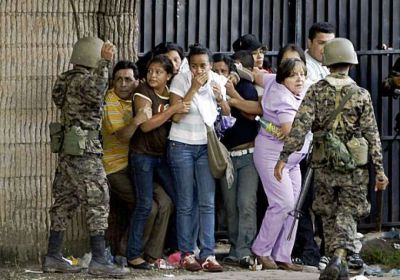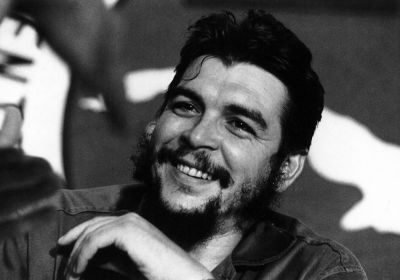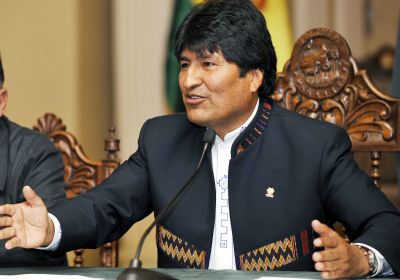-
-
-
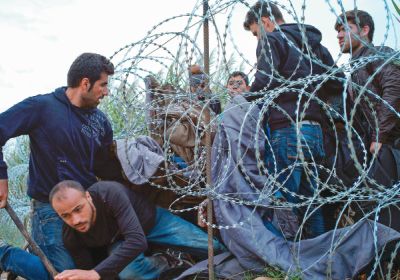
At the closing of the World Peoples' Conference on June 21 in Tiquipaya, Bolivia, social movements called for a “world without walls,” while Bolivian President Evo Morales urged social movements to adopt the progressive proposals of the gathering's final declaration, which dubbed the migration crisis as just one symptom of neoliberal globalisation.
-
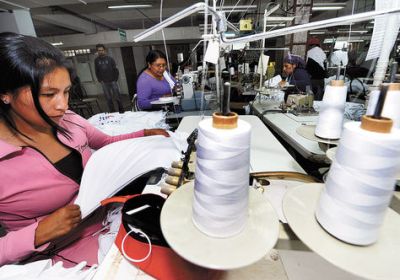
The Bolivian government has proposed a bill that would allow workers to take over the private companies they work at if they go bankrupt, and convert them into “social companies” to stimulate production and address unemployment, Pagina Siete reported on May 16.
The government justified the measure as part of the state's duty to protect labour rights and generate job opportunities while improving the productive apparatus of the country.
-
-
-
-
-
-
-
-
Bolivia
Bolivia
